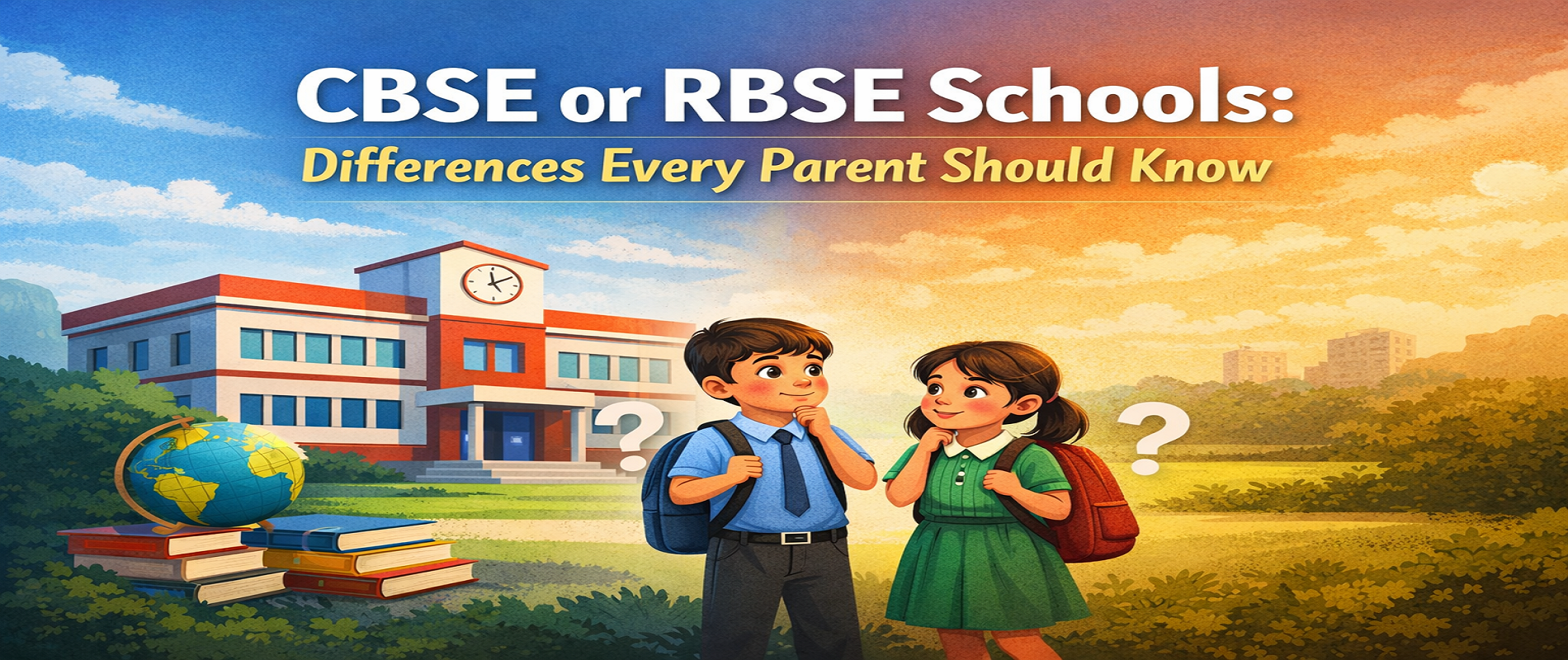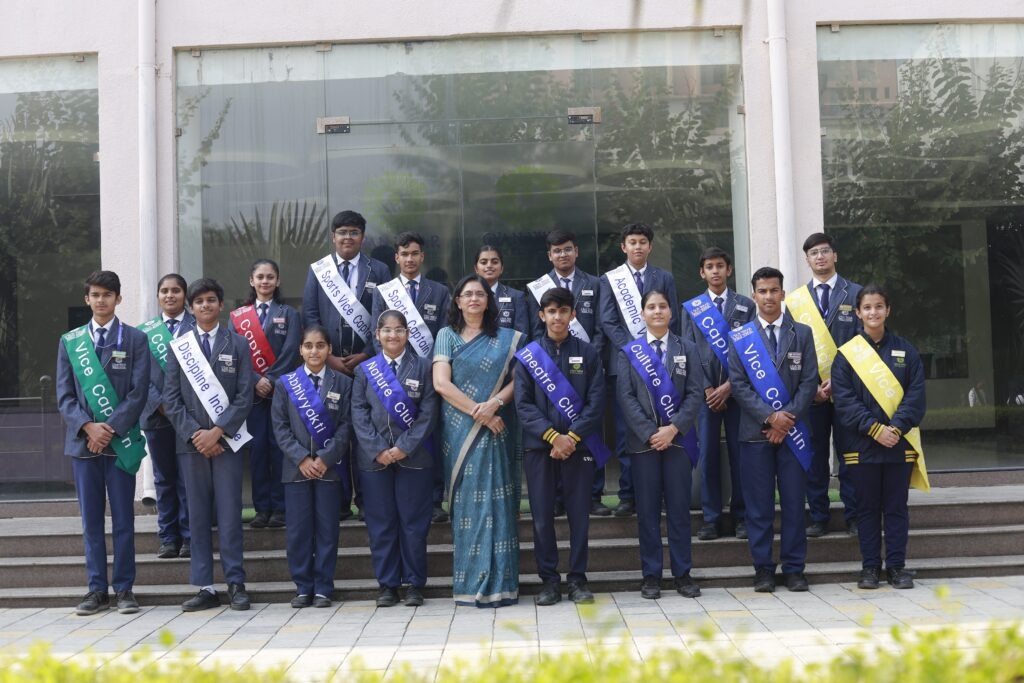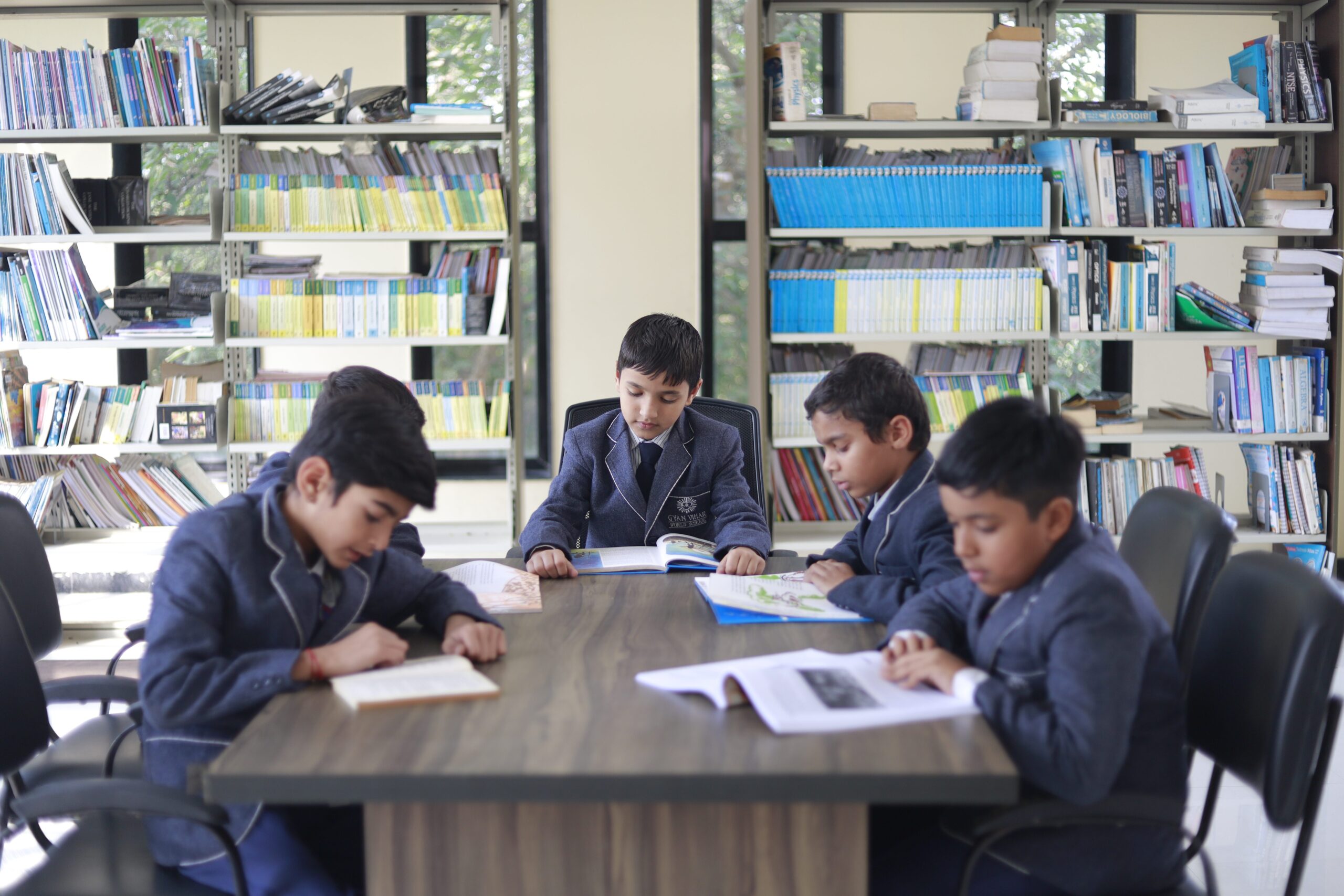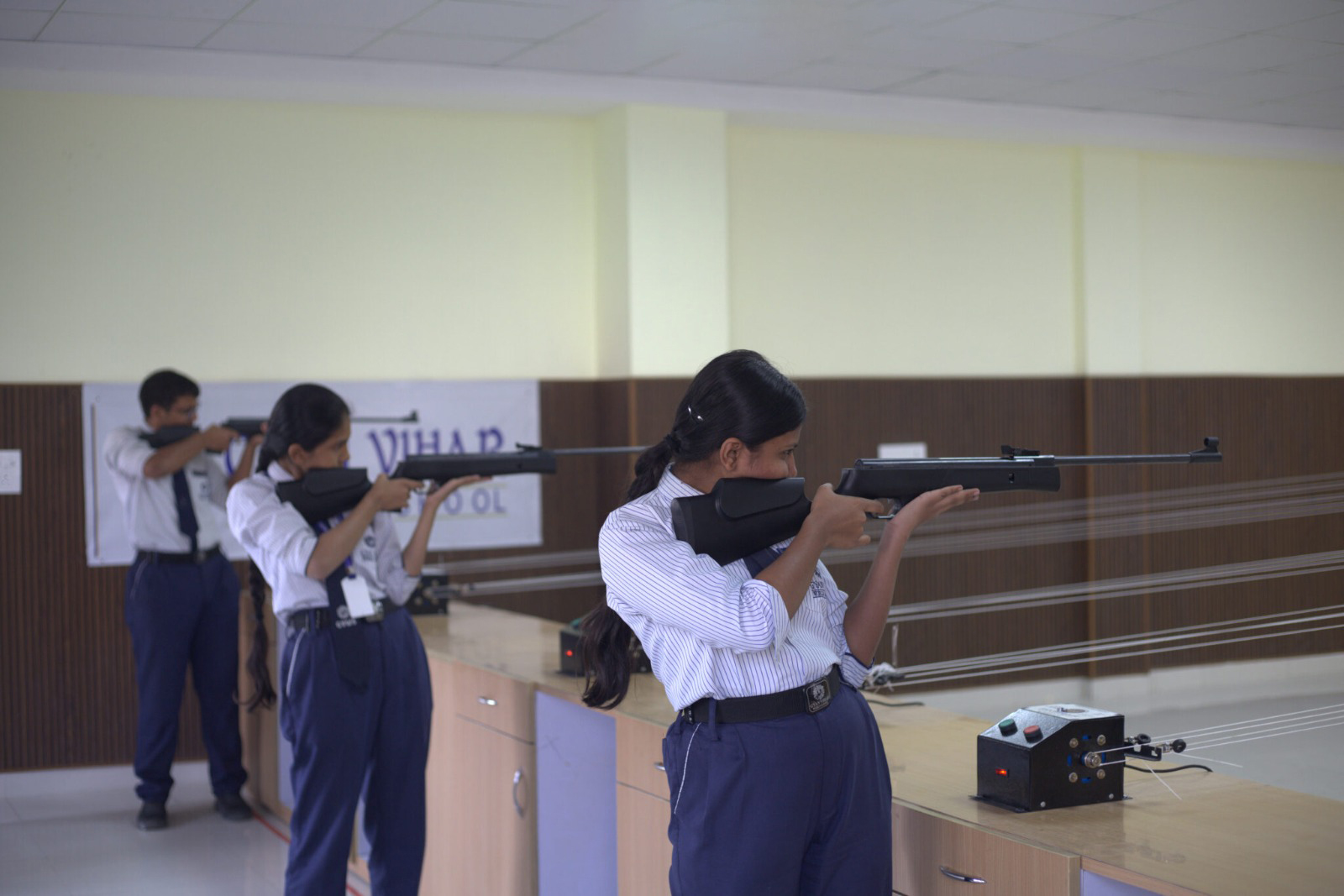Human Rights in India has witnessed a significant journey from the colonial era to the contemporary landscape. The occasion of Human Rights Day allows us to reflect on this evolution. India’s commitment to safeguarding human rights has seen remarkable shifts, deeply influenced by the legacy of colonial rule.
The preservation and advocacy of human rights have been an essential element since India’s independence. The influence of colonial rule in shaping this pursuit has been substantial. Post-independence, the country established a constitutional framework that outlined the fundamental rights of its citizens.
This blog aims to navigate through this historical passage, shedding light on pivotal legislative reforms, landmark judicial verdicts, and the present status of human rights in India. It also underlines the indispensable role of the best schools in Jaipur such as Gyan Vihar World School in fostering awareness and advocacy among future leaders.
As the world commemorates Human Rights Day on December 10th each year, India stands at a pivotal juncture in its ongoing quest to uphold the fundamental rights and freedoms enshrined in the Universal Declaration of Human Rights (UDHR). From the shackles of colonial rule to the vibrant democracy of today, India’s journey towards ensuring human rights for all its citizens has been a dynamic and ever-evolving process, marked by both challenges and remarkable achievements.
Human Rights Under Colonial Rule
The oppressive era of British colonial rule in India was characterized by widespread human rights violations. Discriminatory policies based on race and social status subjected the Indian populace to exploitation and subjugation. The Jallianwala Bagh massacre of 1919, where British troops opened fire on a peaceful gathering of unarmed civilians, stands as a stark reminder of the brutality inflicted upon the Indian people during this period.
Amidst the darkness of colonial rule, a beacon of hope emerged in the form of the Indian independence movement, led by the indomitable spirit of Mahatma Gandhi. Gandhi’s philosophy of Satyagraha, rooted in truth and non-violent resistance, inspired millions of Indians and paved the way for India’s eventual independence in 1947.
Post-Independence India: A New Era of Human Rights
The dawn of independence marked a new chapter in India’s pursuit of human rights. The Indian Constitution, adopted in 1950, became the cornerstone of India’s democratic framework, enshrining the fundamental rights and freedoms of all citizens. It guaranteed equality, justice, and liberty for all, irrespective of caste, creed, gender, or social status
The establishment of the Supreme Court of India and the High Courts in various states provided a robust judicial system to safeguard human rights. The Indian Parliament enacted a series of laws to protect the rights of vulnerable groups, including women, children, and minorities.
Navigating Challenges and Embracing Achievements
India’s journey towards upholding human rights has been marked by both triumphs and tribulations. While the country has made significant strides in protecting the rights of its citizens, there remain several challenges that demand continued attention and concerted efforts.
- Poverty and Social Exclusion: Poverty remains a pervasive challenge in India, often intertwined with human rights violations. The lack of access to basic necessities, such as food, water, and sanitation, disproportionately affects marginalized communities, hindering their ability to enjoy their fundamental rights.
- Discrimination and Violence: Discrimination based on caste, gender, and religion continues to plague Indian society. Caste-based violence, gender-based discrimination, and communal violence remain persistent challenges that hinder the full realization of human rights for many.
- Vulnerable Groups: The rights of children, women, and minorities require continued vigilance. Child labor, female infanticide, and discrimination against minorities remain areas of concern, demanding effective interventions to ensure the protection and empowerment of these vulnerable groups.
Despite these challenges, India has made notable progress in upholding human rights. The country has established a strong legal framework, independent institutions, and a vibrant civil society that actively advocates for human rights.
The Role of Education in Fostering Human Rights
Education plays a pivotal role in promoting human rights and cultivating a culture of respect and tolerance. By integrating human rights principles into the curriculum, schools can empower students to become responsible citizens and advocates for justice.
Gyan Vihar School, committed to providing holistic education, recognizes the importance of human rights education. The school seamlessly integrates human rights principles into its curriculum, providing students with a comprehensive understanding of their rights and responsibilities.
A Journey of Hope and Transformation
India’s journey towards upholding human rights is an ongoing process, one that requires unwavering dedication and continuous efforts to address the challenges that persist. As the country continues to develop, it is essential to remain vigilant in protecting the rights of all citizens, ensuring that the promises enshrined in the UDHR resonate in the lives of every Indian.
By addressing the challenges that hinder human rights and building upon the achievements made, India can move closer to a society where human rights are respected and enjoyed by all, where every individual can thrive and flourish, and where the promise of equality, justice, and liberty becomes a tangible reality for all its citizens. As we commemorate Human Rights Day, let us rededicate ourselves to upholding the principles of human rights, ensuring that India’s journey towards a just and equitable society continues to inspire and transform the lives of its people.
Human Rights Day serves as a reminder of the enduring journey towards a more equitable society. India’s narrative of human rights, from the colonial era to the contemporary landscape, showcases resilience, transformation, and commitment to justice. This historical trajectory signifies the collective endeavor to uphold fundamental freedoms, foster equality, and protect human dignity.
As we commemorate Human Rights Day, it’s crucial to acknowledge the pivotal role of one of the top schools in Jaipur like Gyan Vihar World School in shaping informed, responsible citizens. Through education, advocacy, and collective action, we perpetuate the spirit of upholding human rights and ensuring inclusivity for generations to come.







